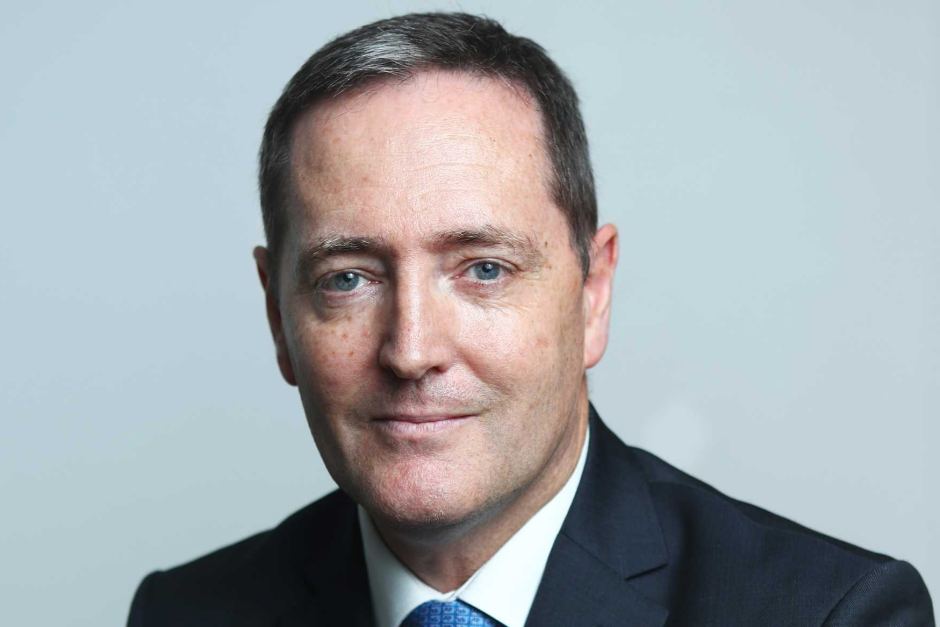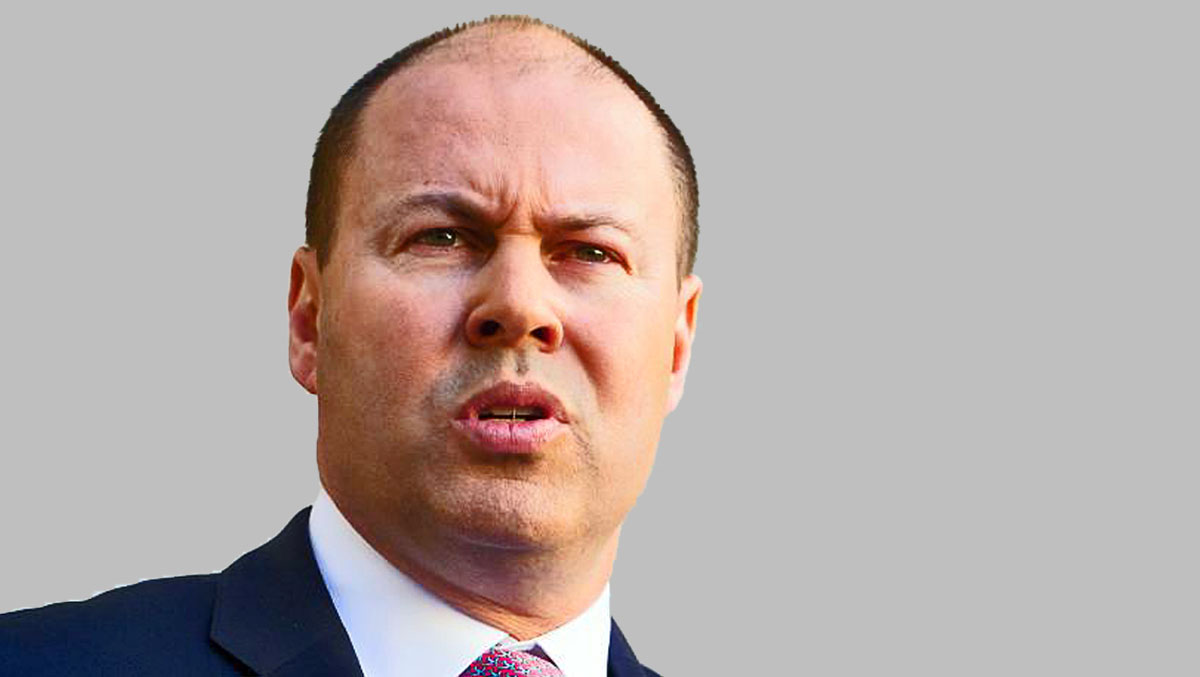After all that fuss, here comes 10%
It was a budget that will be remembered for its headline deficit more than anything else. For big super funds there was a sigh of relief for the SG and that’s about it.
The removal, at long last, of the $450-a-month floor for compulsory super payments has been roundly praised, in recognition that women will be the biggest beneficiaries. According to ATO figures, 197,000 women will benefit compared with 114,000 men. Both AIST and ASFA have been recommending this for at least 10 years and special women’s group Women in Super probably for longer.
For the more strident of lobby groups, such as Industry Super Australia, there was not a lot that was new to target. The fight to keep the SG’s legislated trajectory towards 12 per cent by 2025 on track, with a 0.5 per cent increase from July, had been won, as we were informed by one of many pre-budget leaks.
The lead up to this was like a war that was never declared as such. Two Liberal backbenchers, Senator Andrew Bragg and Tim Wilson, who both chair parliamentary committees, were the most vocal arguing for a delay in the promised SG increase.
They worked a comment in the report by the Government’s Retirement Income Review, that 9 per cent was sufficient given other reforms, into what looked like a policy proposition, even though the Review said that none of its ‘observations’ were ‘recommendations’.
Bragg and Wilson seemed to gain the support of Senator Jane Hume, the minister for superannuation, late in the discussion through some public commentary by her. But Treasurer Frydenberg, reportedly against a delay in increasing the SG, held sway (if that’s how it happened).
What is worrying about this much-ado-about-nothing period, over several months, is that it has served as another blow to those who crave more certainty and less politicking in the super system. Will the SG get to 12 per cent under a Coalition Government?
There was much more to consider for the SMSF investors and their advisers. See ‘Beyond the deficit‘ in last week’s ‘The Inside Investor’ by publisher Drew Meredith.
Here are brief summaries of reactions from the main lobby groups and interested parties:

ASFA, Martin Fahy. The Government’s reaffirmed commitment to increasing the SG to 12 per cent acknowledged. ASFA supports the package of additional measures to boost women’s retirement savings and increase flexibility for retirees to make contributions and access income streams… including:
- Abolishing the $450 a month earnings threshold for the payment of the SG
- The removal of the work test (for those aged 67-74) for superannuation contributions, and
- The expansion of the ‘downsizer scheme’ to those aged 60 and over.
ASFA noted increased funding to APRA and Super Consumers Australia for superannuation related activities, with Dr Fahy indicating this funding must come with increased accountability.

FSC, Sally Loane. Welcomed the reforms to attract offshore investors into Australian managed funds, including the implementation of the long-awaited Corporate Collective Investment Vehicle (CCIV). “Finalising a competitive CCIV regime and removing tax barriers on Australian fund managers will deliver an economic windfall as the economy recovers from the COVID-induced downturn.”
The FSC also welcomed the Government commitments to:
- Accelerate the program of tax treaty negotiations
- Establish an ‘early engagement service’ (or concierge service) to give investors fast track tax advice on transactions
- Consult on broadening tax residency rule changes to trusts and corporate limited partnerships
- Review the tax treatment of venture capital, and
- Implement reforms to the tax hedging rules for financial arrangements.
Industry Super Australia, Bernie Dean. The Budget has increased women’s savings by billions by not messing with the legislated super increase and mandating that super is paid to all part-time workers. “But in a post Mother’s Day sting the government has refused to pay super on Commonwealth paid parental leave – more than 90 per cent of which would be paid to women.”
Women retire with a third less super than men. A big driver is the time women take out of the paid workforce for unpaid caring – if the Government was serious about closing the gender super gap it would get super paid on every dollar earnt, including parental leave.
“To further help women the government should also move the Low-Income Superannuation Tax Offset (LISTO) so it better aligns with the income tax brackets, a tax cut that would benefit more than 700,000 women on low incomes.”
Other Budget measures to allow first home buyers to contribute more voluntary super contributions towards a deposit “will make no difference to housing affordability, it could lead to higher property prices”. Increasing the amount retirees can contribute to their super after downsizing their home needs to be examined in further detail, with wealthy self-funded retirees most likely to benefit.
SMSF Association, John Maroney. The SMSF Association has applauded measures in this year’s Federal Budget that aim to reduce complexity and make it easier for older Australians to top up their superannuation.
“In our 2021 Federal Budget submission, we advocated for reforms to the residency rules for SMSFs and for an amnesty period to allow SMSF members stuck in legacy pensions to convert to more conventional style pension products, and we are pleased both measures are included in this year’s Budget.
“Another important reform is introducing the measures that will make it easier for older Australians to top up their retirement savings by removing the work test for non-concessional contributions for individuals aged 67 to 74 years.
“It means individuals who may have previously been unable to top up their retirement savings because they are no longer working may soon be able to do so.
“In addition, members aged 67 to 74 years will also be able to bring forward their non-concessional contributions in the same way that someone under the age of 65 can do.”
The SMSF Association welcomed the changes to the residency rules, for which it had lobbied, and expansion of the ‘downsizer’ concessions for home-owners over 65 to those over 60.
Actuaries Institute, Jefferson Gibbs. The Actuaries Institute commends the Government on the measures to improve flexibility and equity within the superannuation system, especially the removal of the $450 per month threshold for employer payment of the Superannuation Guarantee, and the increase in the First Home Super Saver to $50,000. It also welcomes the increase in the Pension Loans Scheme to provide more Australians with flexibility for funding their retirement.
However, big issues remain. The Government has not leveraged the Retirement Income Review to make more impactful changes to the retirement incomes system, such as measures to help non-homeowners (renters) in retirement, in particular some of the most at risk of poverty in retirement – single female renters.
“The system also still lacks an overall objective for superannuation and its role in supporting retirement incomes,” the Actuaries Institute president said. “The Institute urges the Government to provide clarity on the purpose of superannuation, to enable more substantive reforms to be sensibly made to improve the system.”










